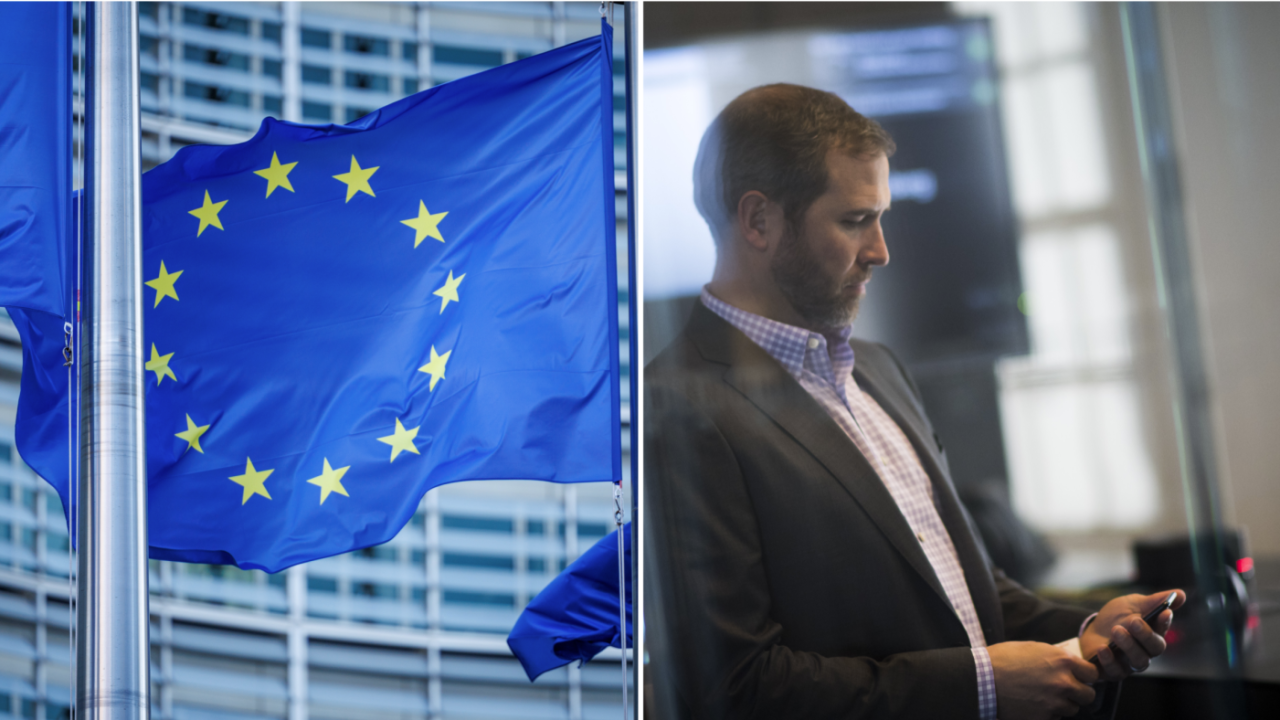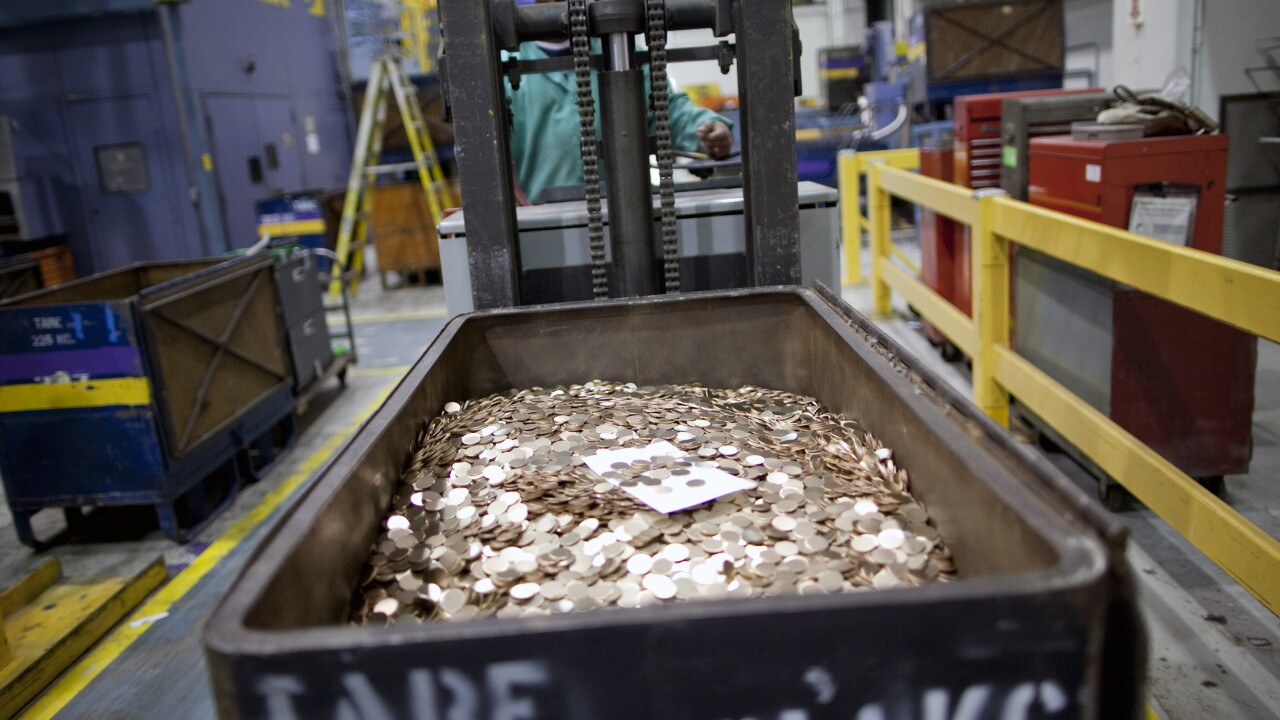-
As banks move into new channels, they need new lines of communication, and perhaps a different attitude.
August 1 -
The five largest mortgage servicers are suddenly eager to provide relief to distressed homeowners, but after years refusing to modify loans or reduce principal, they are concerned that borrowers will ignore their solicitations.
August 22 -
Qualified nonbanks should be able to issue credit cards. This has only rarely been possible up to now a situation that has warped the industry's structure, giving banks undeserved dominance.
August 22
Accused, among other things, of selling subprime mortgages to customers eligible for prime mortgages with lower rates and fees, Wells Fargo settled last month for the highest fine ever imposed by the Fed in a civil enforcement case.
But, is it nonetheless sometimes good business for a bank to offer a consumer terms worse for him than the most advantageous it would accept for an account or transaction — offer him a higher price or less benefit than he could qualify for? And then possibly bargain, or make a second and more attractive offer if he refuses the first one?
No.
Shouldn't consumers who are less price-conscious pay for their insensitivity?
No.
No more than we'd try to sell customers services they don't need, can't use, or don't understand.
Quite apart from legal exposures such as those faced by Wells, some of which can arise unpredictably from application of the Supreme Court's "effects test," there is a more fundamental reason to offer best terms at the outset:
To purchase financial services, consumers need to trust the provider. Angling to stick the customer with inferior terms denies and breaches that trust. It makes many customers bargain or question more of your offers, and look away for a better deal elsewhere. Highballing the customer isn't best practice, it's a shoddy practice avoided by more successful banks because it doesn't pay. Particularly now, when most consumers are unusually suspicious of banks.
This applies to all consumer financial services. I once solicited a quote for life insurance from an agent I knew. His price seemed high, so I sought out a company that quoted me almost 50% less. When I told the first agent, he said: "Oh, I didn't know you wanted low-cost insurance."
"Is there anything wrong with low-cost insurance?"
"No, it's fine. I can meet that quote, I just didn't know you wanted low-cost insurance."
I did business with the other company and never looked back.
Telling a customer you didn't know he wanted the best price evinces profound disrespect, which the customer is likely to reciprocate.
Occasionally I walk into a small store, for instance an antique shop, with no price tags. I usually walk out right away when I discover this, rather than have to bargain and wonder whether I've gotten the best price.
Others are happy to bargain — for antiques. E-Bay has lots of customers who enjoy auctions and even bargaining, but not for financial services.
All of the major forms of consumer debt — mortgages, auto and card —offer opportunities to gouge. If the customer doesn't like your initial terms, maybe you hope you can try again.
In the case of credit cards, issuers set a risk-based rate and other terms only after the customer has given full application information and been approved. This provides the apparent option to make a second offer if the customer doesn't accept the first one. I don't think that strategy has ever been effective in increasing the value of the customer's relationship with the bank. Indeed, it's better, as the great majority of lenders do, to disclose at least a range of terms before soliciting an application.
In the case of jumbo certificates of deposit and other products for which the bank may not post quoted prices, the same principle applies. Determine your bank's best price and state it the first time, rather than try to imitate what you imagine a rug seller in a bazaar would do.
When there is an independent middleman such as an auto dealer or mortgage broker who controls the customer interaction, the middleman typically wants to be paid more to extract a higher price. A bank may regard its relationship as being with this middleman rather than with the consumer. But the middleman is presenting the bank's offer, and if it isn't your best offer, it will on average get worse results. You can also expect scrutiny from regulators, with resultant exposure to adverse publicity.
If your pricing is "flexible," your employees as well as middlemen will find ways to take advantage of you as well as of your customers. As Samuel Johnson put it, "If I teach them to lie for me, they'll lie against me also."
You don't have to set the lowest price in the market. Charles Schwab seldom did, but he became No. 1. You don't have to seek out the least price-conscious customers, either. That's difficult, chancy and rarely practical. Just offer your best deal, and sell on value.
Andrew Kahr is a principal in Credit Builders LLC, a financial product development company, and was the founding chief executive of First Deposit, later known as Providian.





